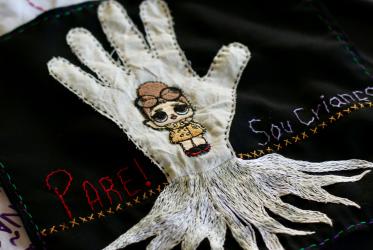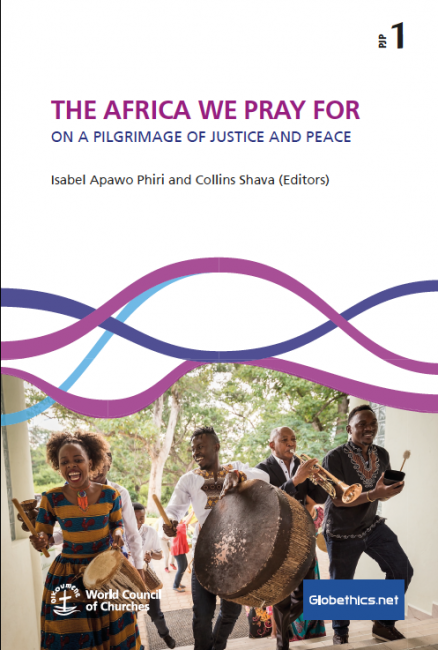Displaying 1 - 20 of 35
Compendium of Promising Practices of African Faith Community Interventions against Paediatric and Adolescent HIV
Executive Summary
23 March 2024
Towards a Global Vision of the Church, Volume II
Explorations on Global Christianity and Ecclesiology, Faith and Order Paper 239
27 November 2023
Ahead of Her Time
Pan-African Women of Faith and the Vision of Christian Unity, Mission, and Justice
01 November 2023
"Holy Week in the Holy Land: an intersection in time"
06 April 2023
Thursdays in Black Bible Study: Solomon’s Wisdom in Judgment
08 December 2022
Towards a Global Vision of the Church Volume I
Explorations on Global Christianity and Ecclesiology, Faith and Order Paper 234
14 November 2022
Health-Promoting Churches Volume III
Contextual Bible Studies on Health and Healing
04 September 2022
A Hundred Years of Mission Cooperation
The Impact of the International Missionary Council 1921-2021
21 August 2022
11th Assembly Bible study - Lent
20 December 2021










